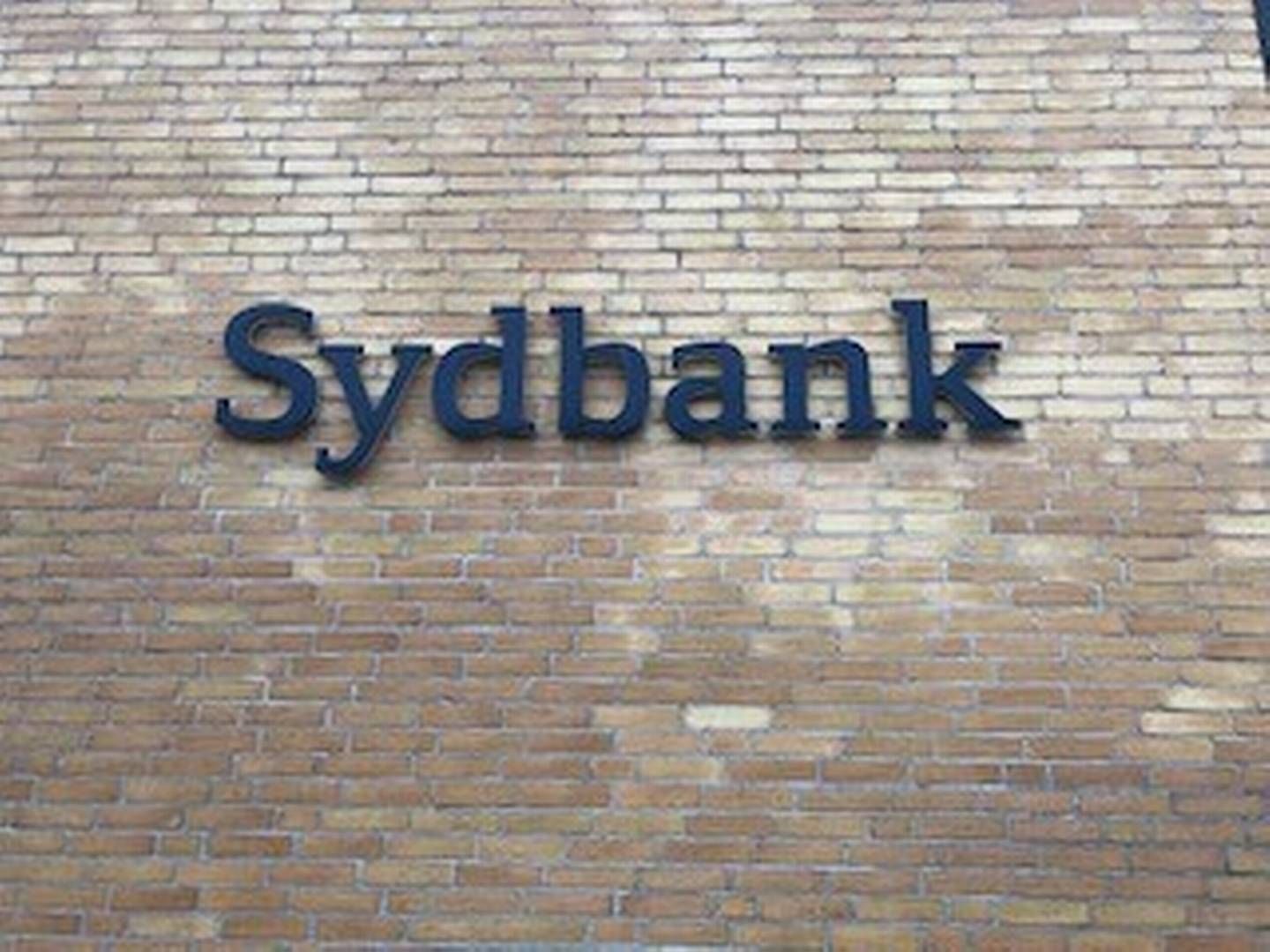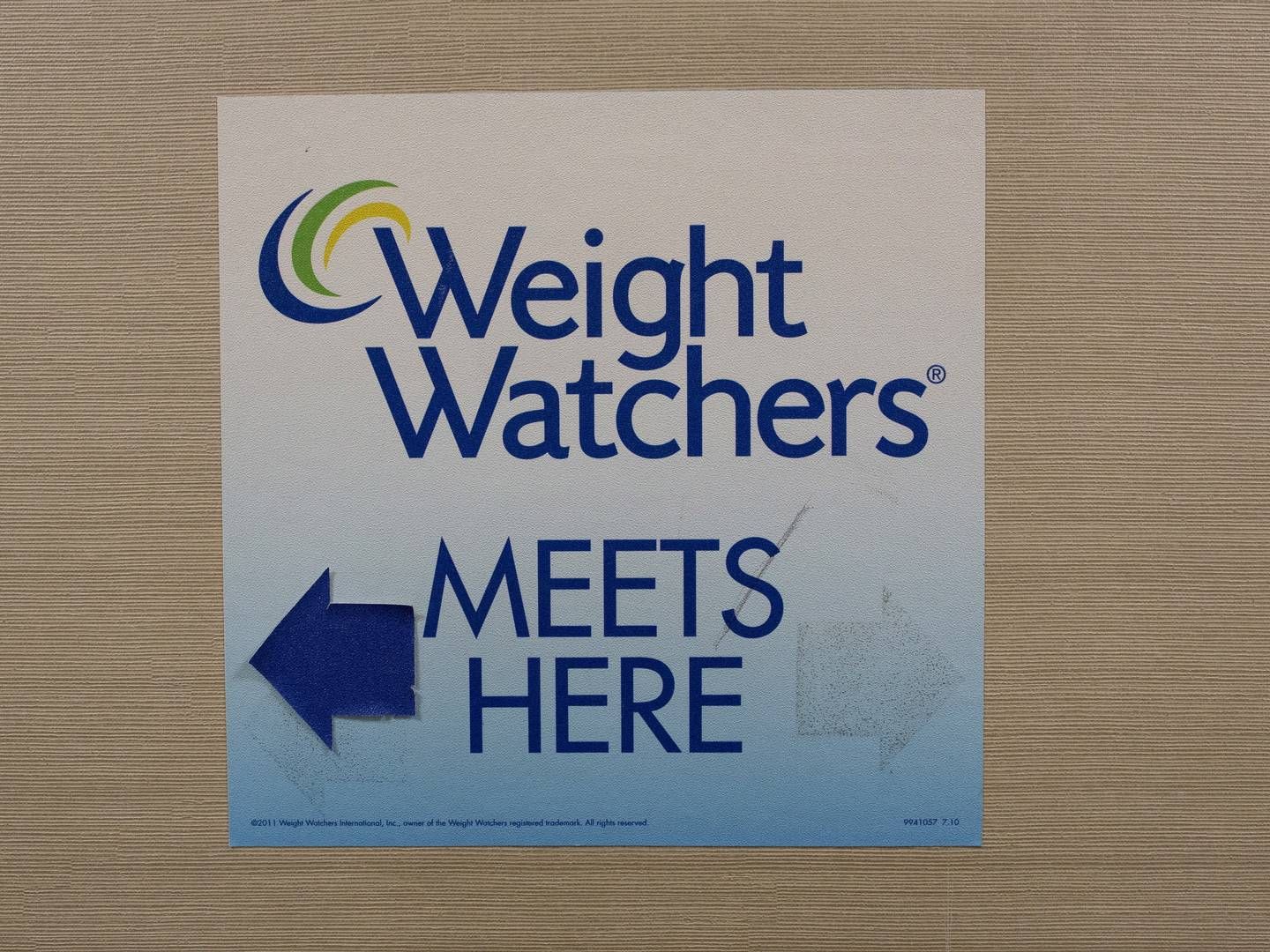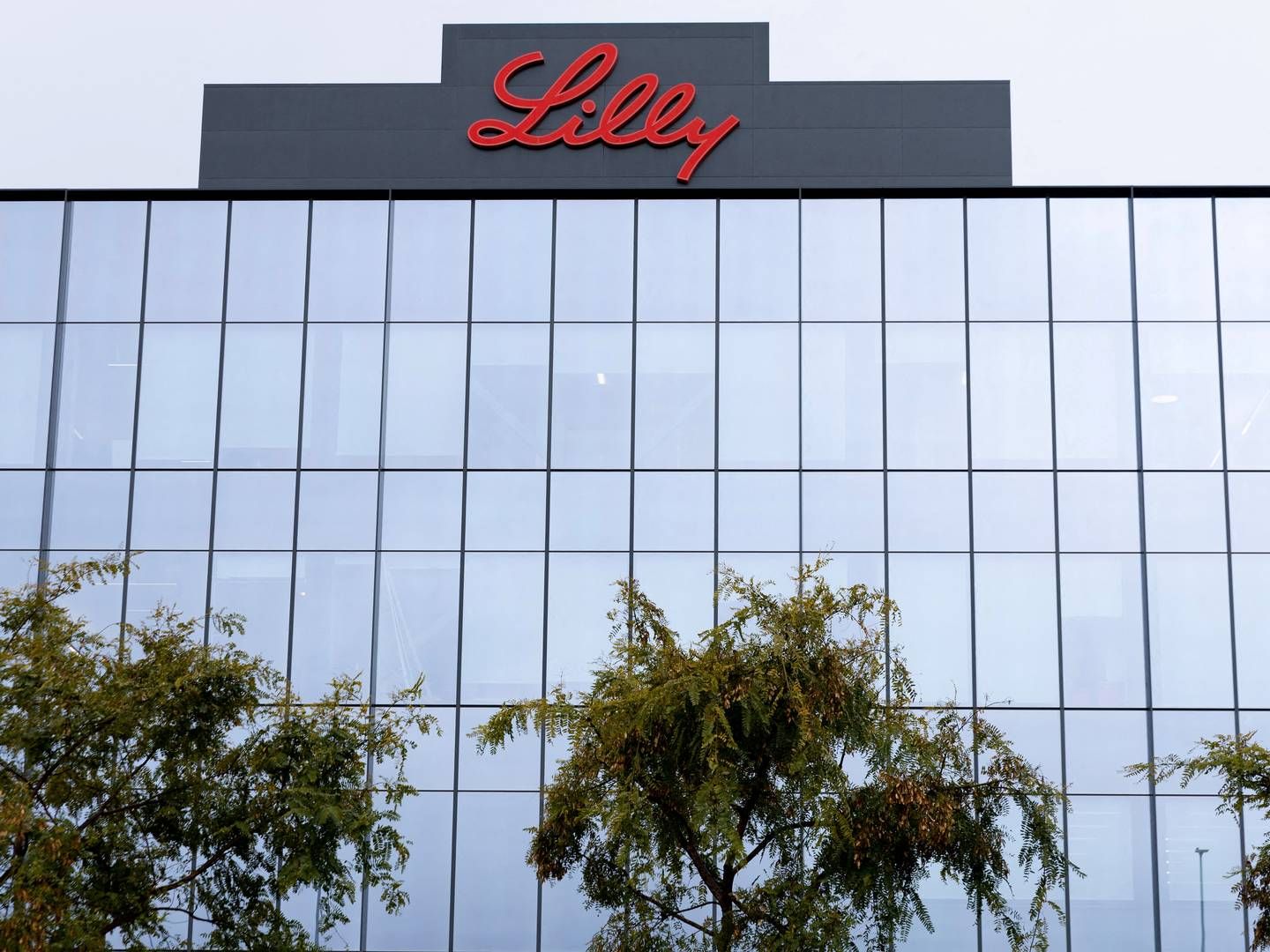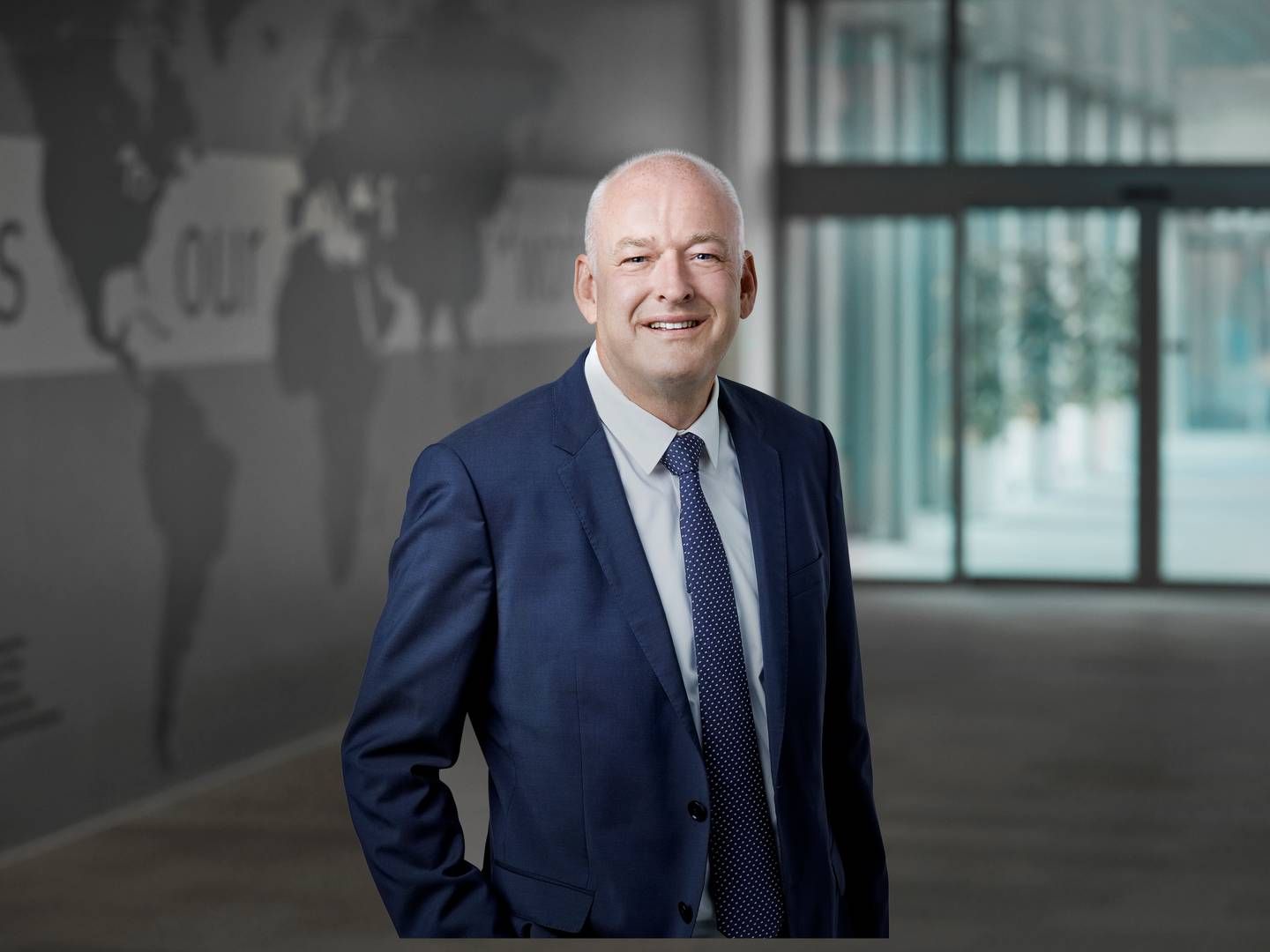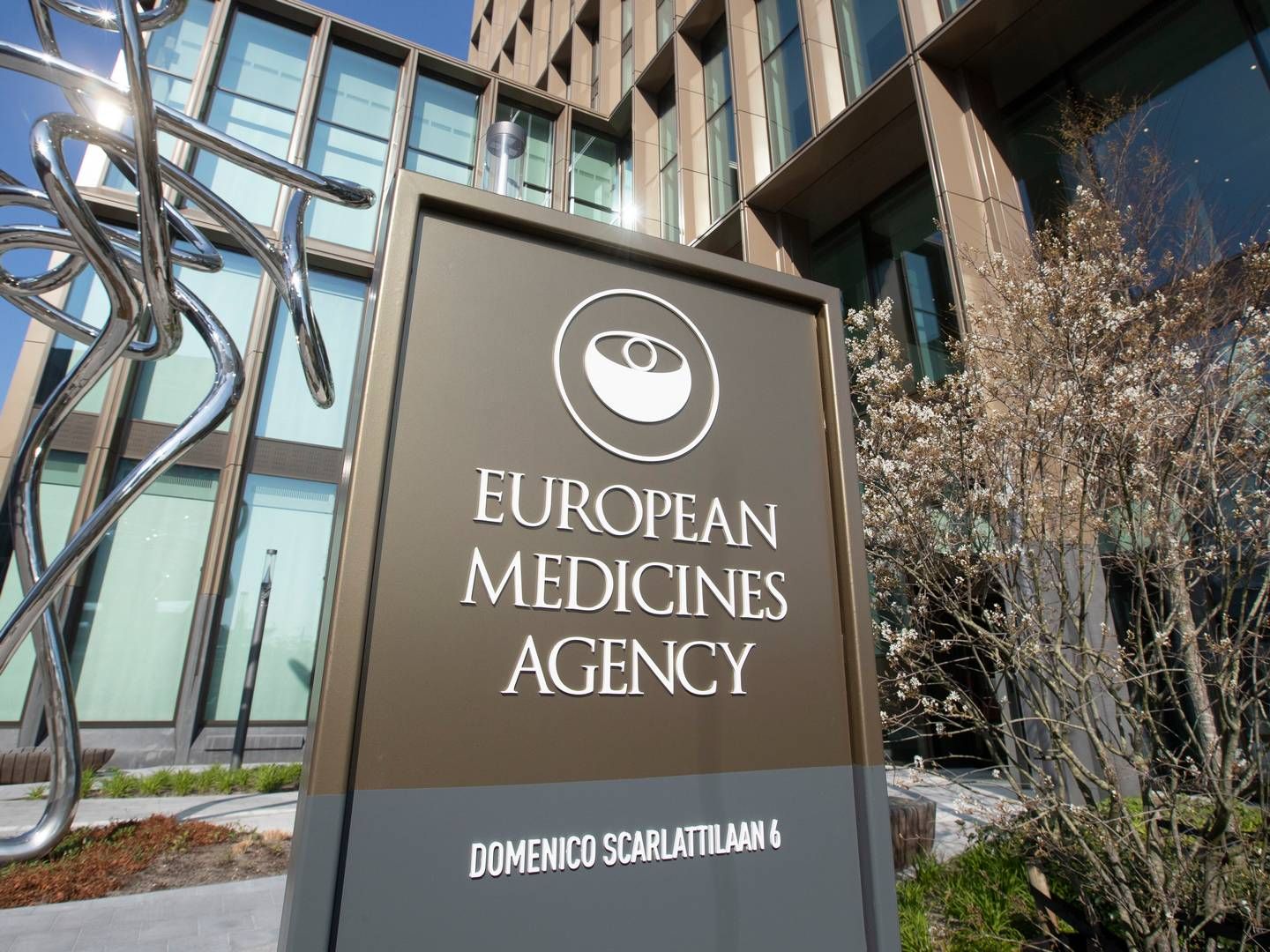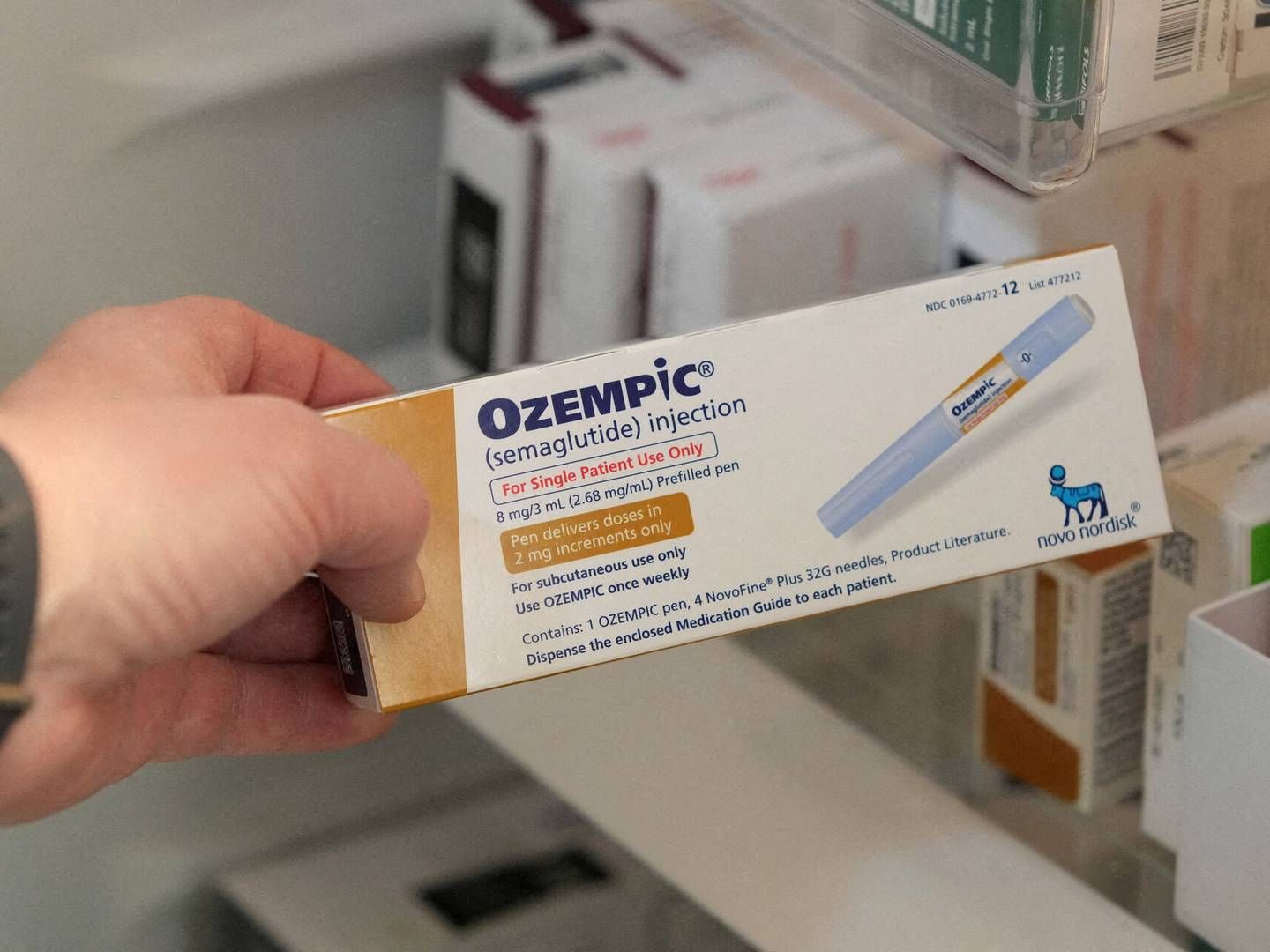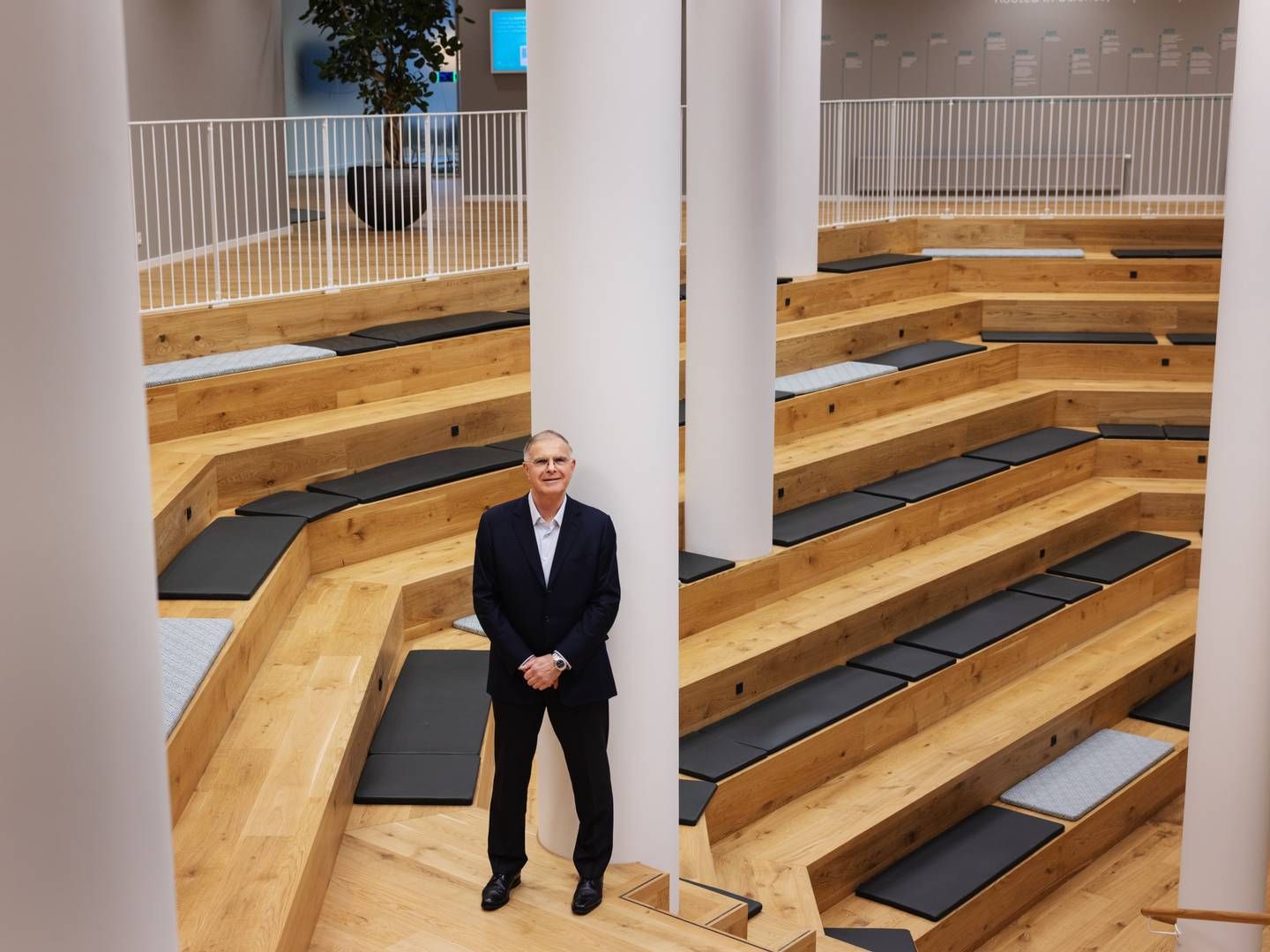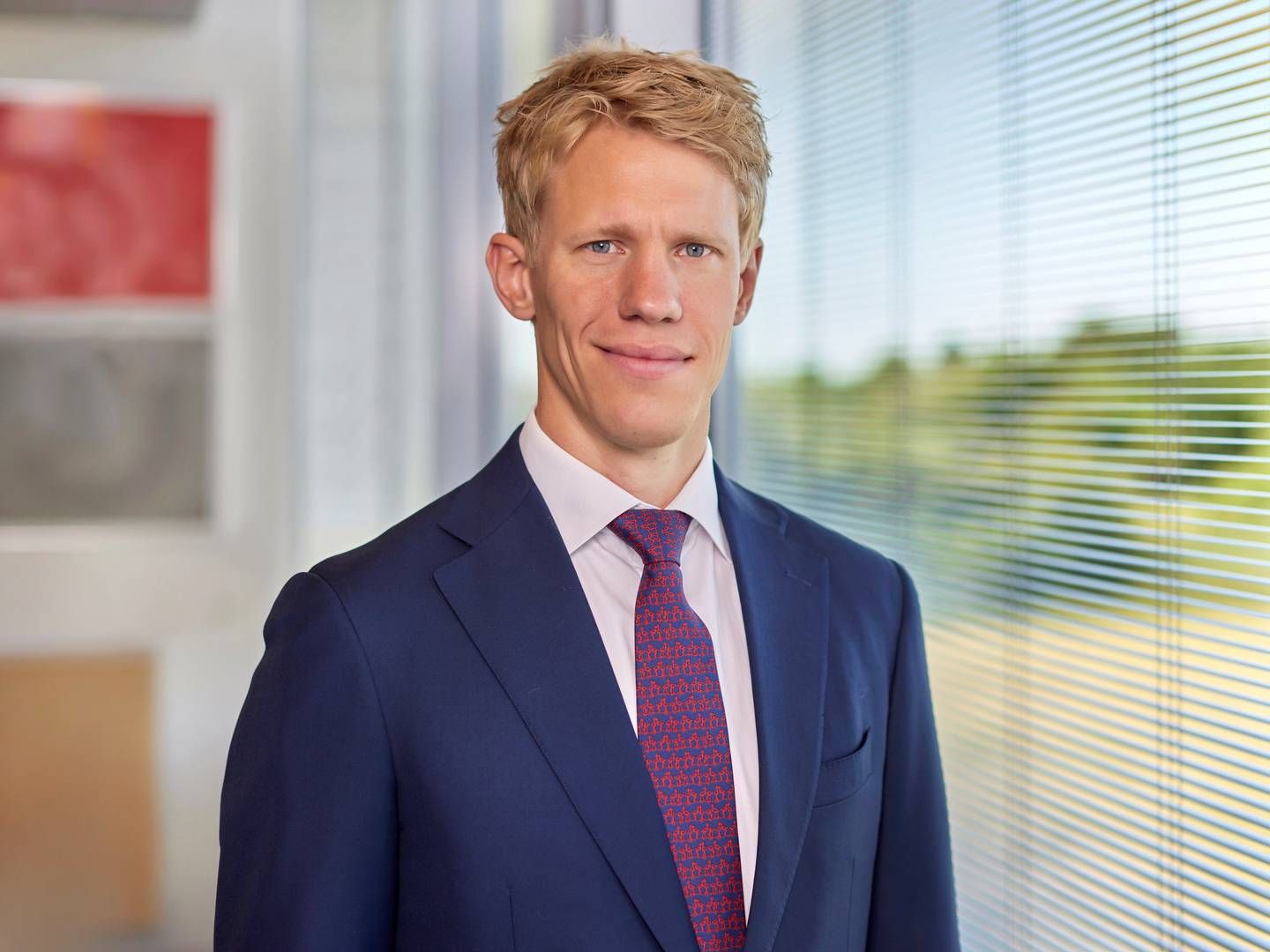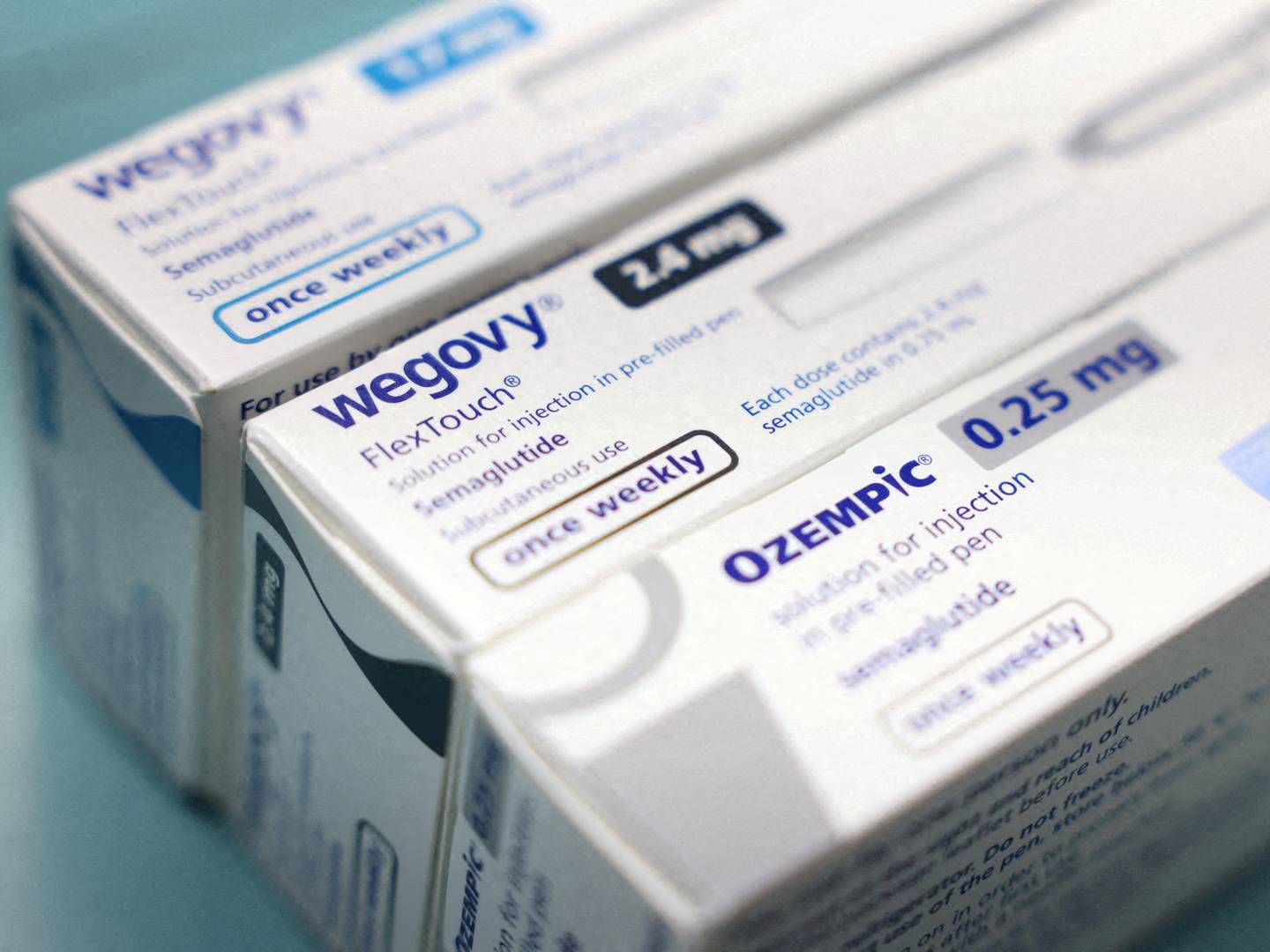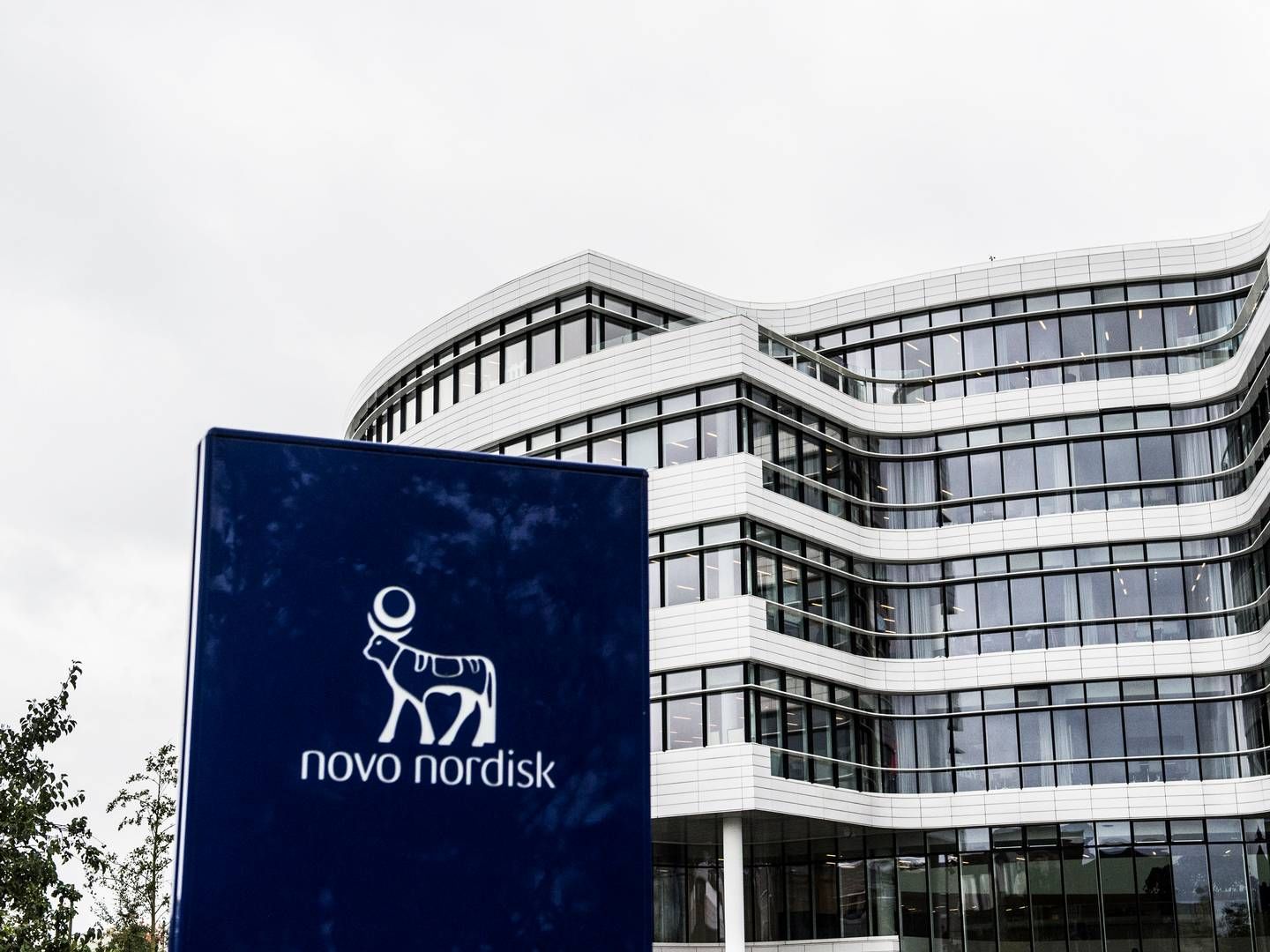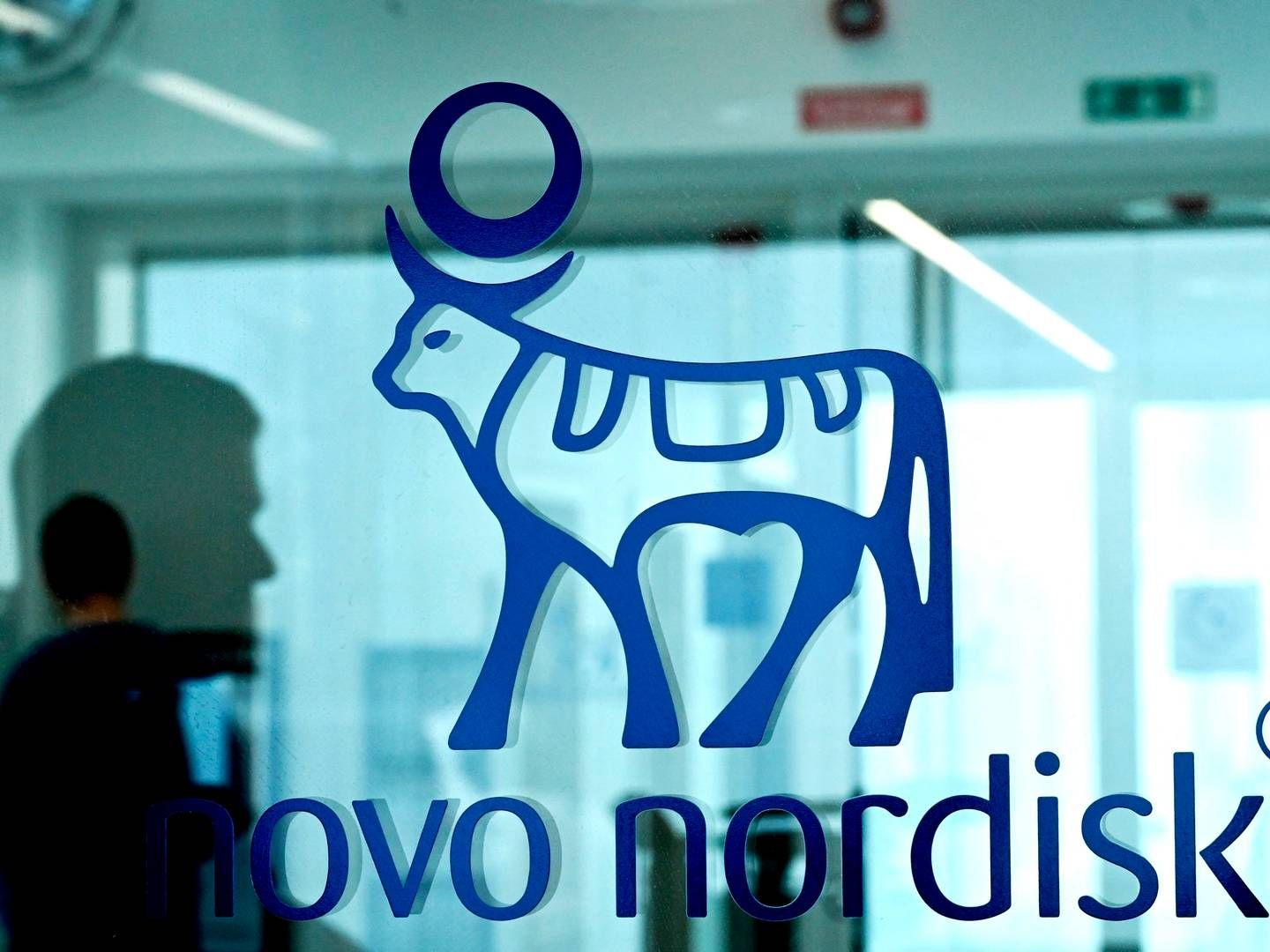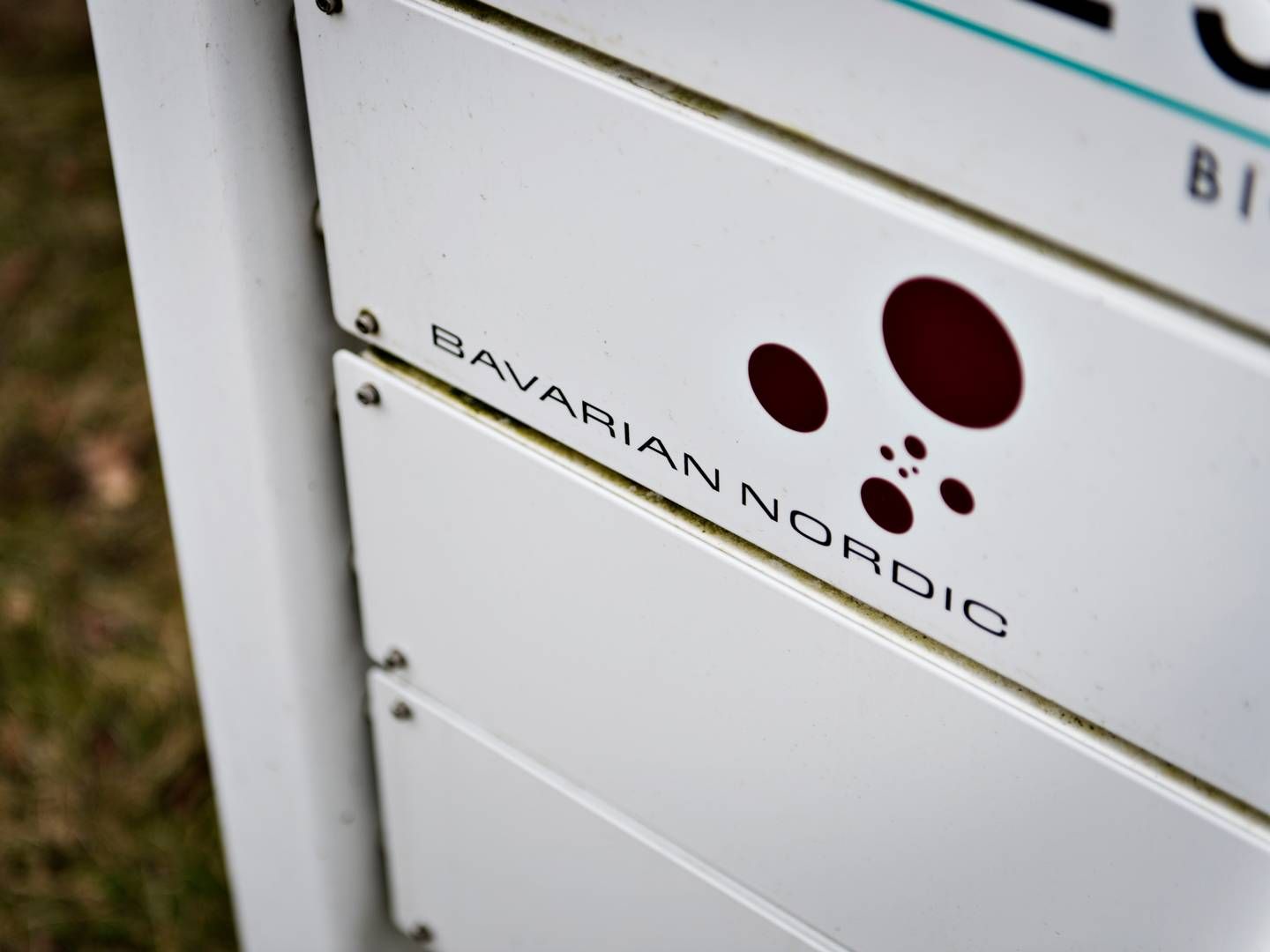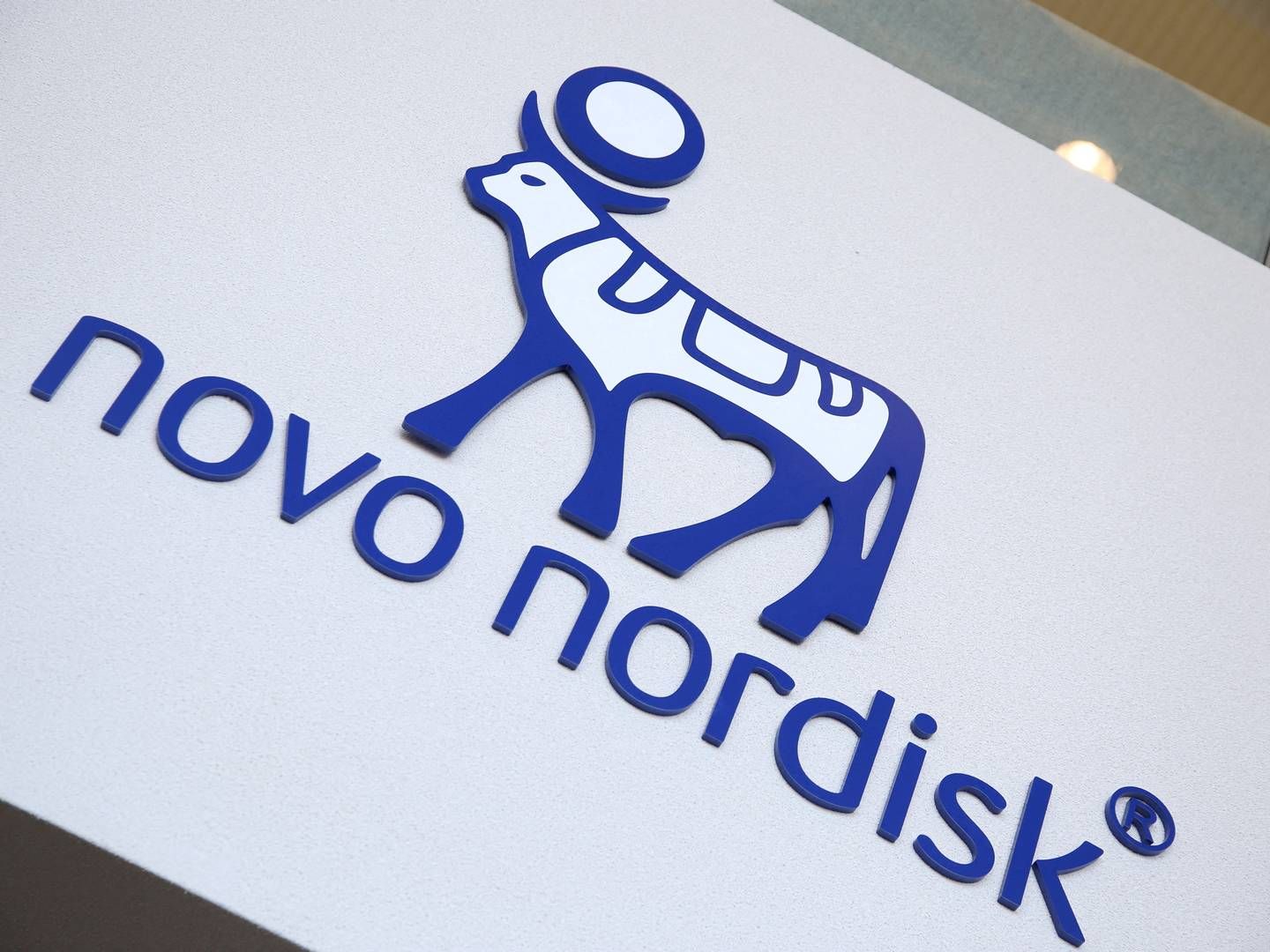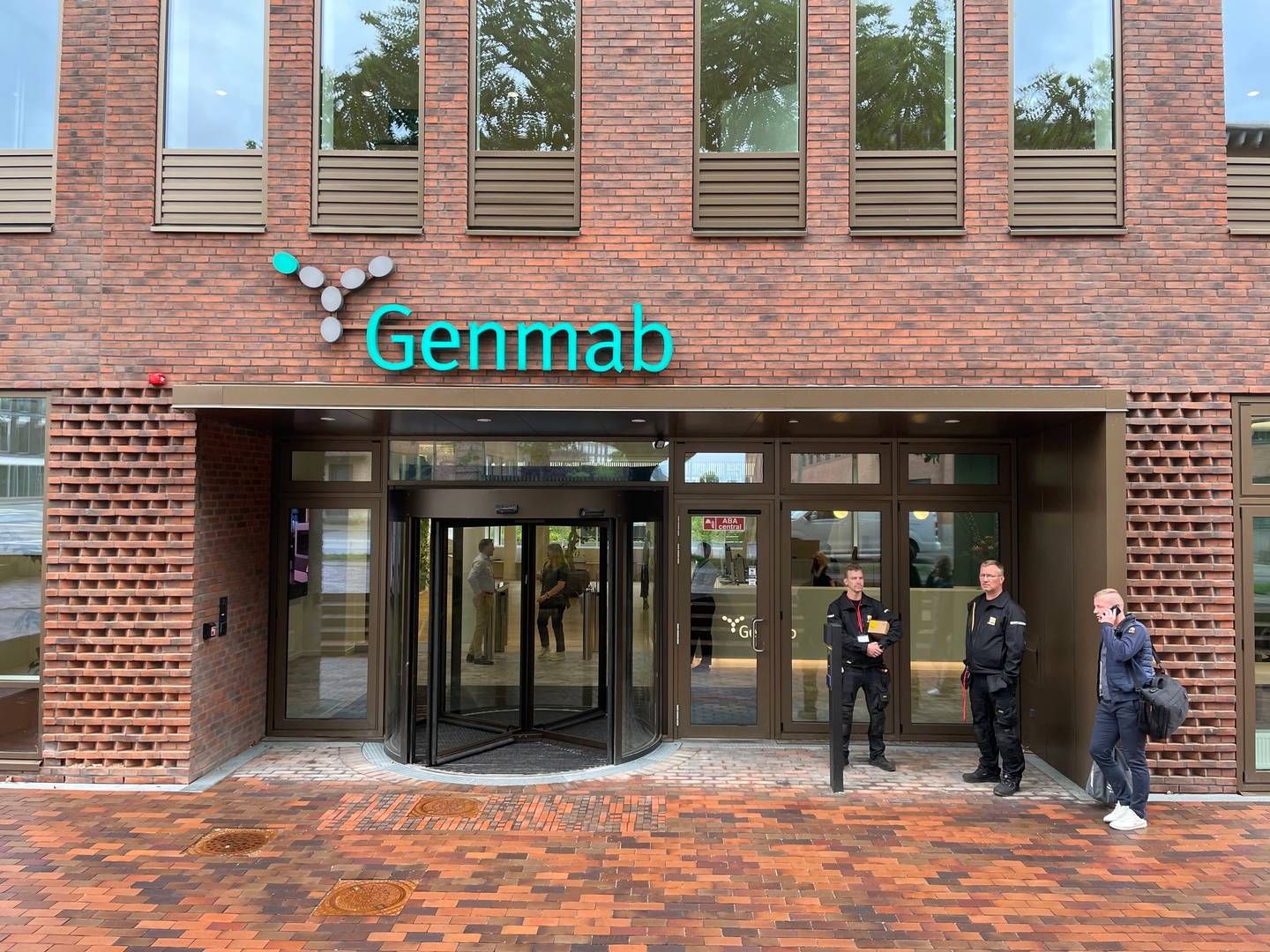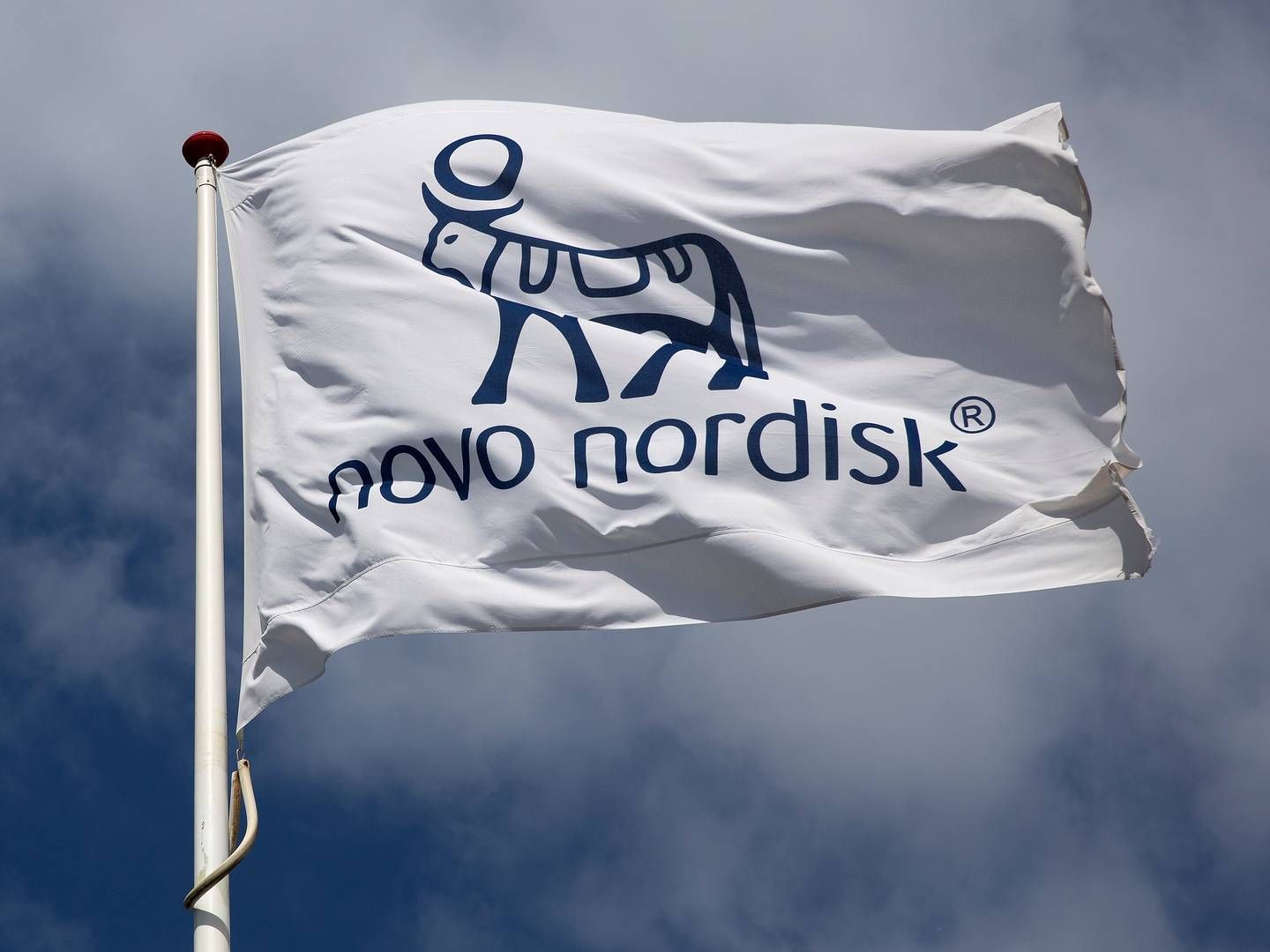Blackstone is using AI to control diabetes and slash spending on drugs
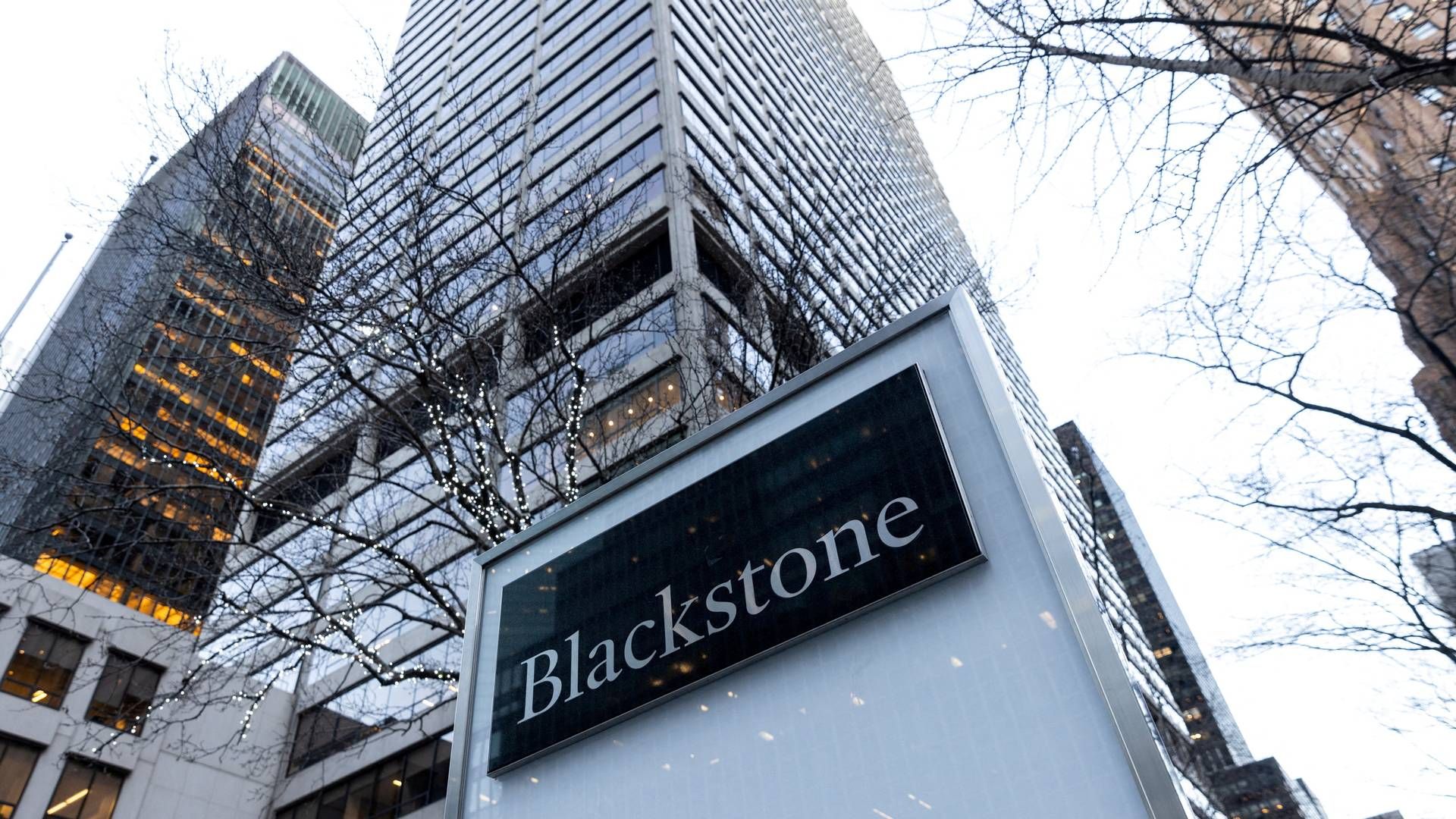
Blackstone Inc. is trying to curb rising employee health costs with an AI-powered individualized approach to diabetes to reduce people’s reliance on costly new drugs. Early results are promising.
The private equity giant is testing a program from startup Twin Health with workers across 14 of its portfolio companies. The app is designed to help diabetics rely less on expensive drugs to lose weight and control their blood sugar. Patients with uncontrolled diabetes often move from older, lower-priced drugs onto newer pricey treatments made by Novo Nordisk A/S and Eli Lilly & Co. that can cost around USD 10,000 a year.
To help do this, Twin Health uses artificial intelligence and machine learning to analyze data from glucose monitors, activity trackers and surveys. The result is instant, personalized advice for diet, exercise and other activities that takes into account how users are feeling, what they’ve eaten or where they are. If users are able to get their blood sugar under control with these behavior changes, they can feasibly avoid higher-priced drugs.
Medication costs fell by half for 160 people enrolled at least three months in the program, including a roughly 90% drop in spending on drugs like Novo’s Ozempic, Blackstone said. After two months, people in the program lost an average of 12 pounds.
Growing market
Drugs like Ozempic are being repurposed for weight loss and are expected to cost the medical system billions of dollars if they’re widely prescribed for weight management. Morgan Stanley Research analysts estimate spending on obesity drugs could reach USD 54bn by 2030.
As diabetes treatments, these same drugs — Ozempic and Lilly’s Trulicity and Mounjaro — are already pushing up costs for employers like Blackstone. These medications control blood sugar and come with the long sought after benefit of reducing patients’ body weight.
Blackstone is testing the Twin Health app with just 14 of its companies and estimates they will save hundreds of thousands of dollars a year in drug costs for the people signed up so far. If more workers join, savings could be far greater across its portfolio of 122 businesses.
“We’ve never thrown the full weight of our entire team behind an effort like this,” said Andreas Mang, chief executive officer of Blackstone’s Equity Healthcare division, which works with portfolio companies to improve health benefits. Blackstone has no financial interest in Twin Health.
Type 2 diabetes, the most common form of the illness, occurs when the body doesn’t respond properly to insulin, often leading to chronic high blood sugar levels that are linked to heart, kidney and eye complications. Affecting about 1 in 10 Americans, it’s among the top drivers of US health spending with costs of more than USD 300bn a year.
”Micro actions”
For years employers have been experimenting with programs from companies like Livongo Health Inc., Omada Health Inc. and Virta Health Corp. aimed at promoting lifestyle changes to improve health outcomes. While some interventions have had promising results, few have been shown to improve patients’ health over the long term.
The problem is that most add-ons to employer health plans struggle to get people engaged, Mang said. Twin Health’s app recommends “micro actions, little things that people can do in their daily routine that are very specific to them, that day, that moment,” said Lisa Shah, Twin Health’s chief medical officer. “If you’re on an eight-hour plane ride, you’re not going to be taking 10,000 steps that day,” she said. The app will prompt people to stand up periodically and adjust other recommendations for food and activity the next day to compensate.
Twin Health users get health coaching and supervision from clinicians with the goal of getting people to control their blood sugar without drugs. It can be done, said Anne Peters, a professor of clinical medicine at University of Southern California – the hard part is making it stick.
“Almost every single program shows that you can make people better for six months,” says Peters, who has consulted for companies on diabetes programs but not for Twin Health. “The question is, how do you make it persist for years and years?”
Blackstone believes Twin Health is different, partly because it only gets paid if it shows results like helping people lower their blood sugar.
The firm started rolling out the program last June. About 15% of the target population at those companies signed up — better adoption rates than employer-sponsored health programs typically see, Mang said. Workers don’t get financial incentives to join.
Diabetes is one of the top three most expensive conditions each year at Blackstone portfolio company Medline Industries. More than a third of the roughly 90 people at the company who have been on the Twin Health program for at least two months have been able to go off high-cost diabetes medications, said Lori Buckley, Medline’s vice president of HR for benefits. She said some employees have called the program “life changing.”
Founded in Mountain View, California, in 2018, Twin Health has dozens of other employer clients and and recently signed up Berkshire Hathaway-owned insurer Geico.
Related articles
Eli Lilly's Mounjaro could overtake Wegovy, says professor
For subscribers

